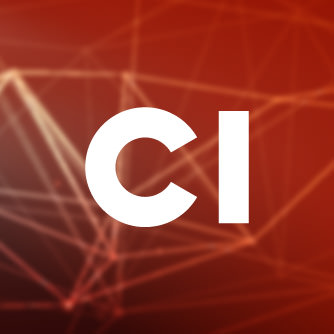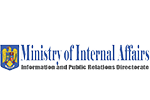Credits
- MOOC coordinators Manuel Gértrudix Barrio & Rubén Arcos Martín
- Content written by Rubén Arcos Martín & Irena Chiru
- Multimedia design by Alejandro Carbonell Alcocer
- Visual Identity by Juan Romero Luis
Addressing the challenge of fake news, disinformation and covert influence in the digital era
The Council of the European Union in its 3739th meeting of 10 December 2019, concluded that both a “comprehensive whole-of-government,” and also a “whole-of-society approach to security is necessary to address hybrid threats”. Related to this, the Council recognized “the importance of and the role played by civil society, academia and the private sector in addressing disinformation and in building resilience.”
This section started by providing an historical perspective to disinformation and propaganda; old phenomena and activities employed through history by state and non-state actors, such as terrorist organizations, to achieve political and military goals and objectives, and always influenced by technological developments and the appearance of new media, from the printing press to the Internet and social media, affecting human communications.
Secondly, the section explored the role of principled journalism in countering disinformation and avoiding misinformation, through experts’ views on failed messages, fake news, and journalism ethics.
Finally, the section delves into covert influence and the challenges of attribution in online disinformation campaigns, exploring the concepts of concealment and plausible deniability and strategies employed by covert sponsors in disinformation campaigns, such as disseminating conspiracy theories or feeding the cyberspace with a mixture of emotionally charged true and false information aimed at destroying social cohesion, manipulate relationships and create isolation, both online and offline. It provides tools like the grayscale of deniability for understanding the set of players and channels involved in complex information influencing operations.
Methodology and Resources
- Cherilyn Ireton and Julie Posetti (eds.), Journalism, fake news and disinformation: handbook for journalism education and training. UNESCO, 2018. Available at: UNESCO
- Corneliu Bjola, James Pamment (Eds.), Countering Online Propaganda and Extremism. The Dark Side of Digital Diplomacy, Routledge, 2018
- Rory Cormac, Richard J. Aldrich, “Grey is the new black: covert action and implausible deniability”, International Affairs, Volume 94, Issue 3, May 2018, Pages 477–494,
- Todd C. Helmus, Elizabeth Bodine-Baron, Andrew Radin, Madeline Magnuson, Joshua Mendelsohn, William Marcellino, Andriy Bega, and Zev Winkelman, Russian Social Media Influence: Understanding Russian Propaganda in Eastern Europe. Santa Monica, CA: RAND Corporation, 2018.
- Philip M. Taylor, Munitions of the mind: a history of propaganda from the ancient world to the present day, Manchester University Press, 2003.






